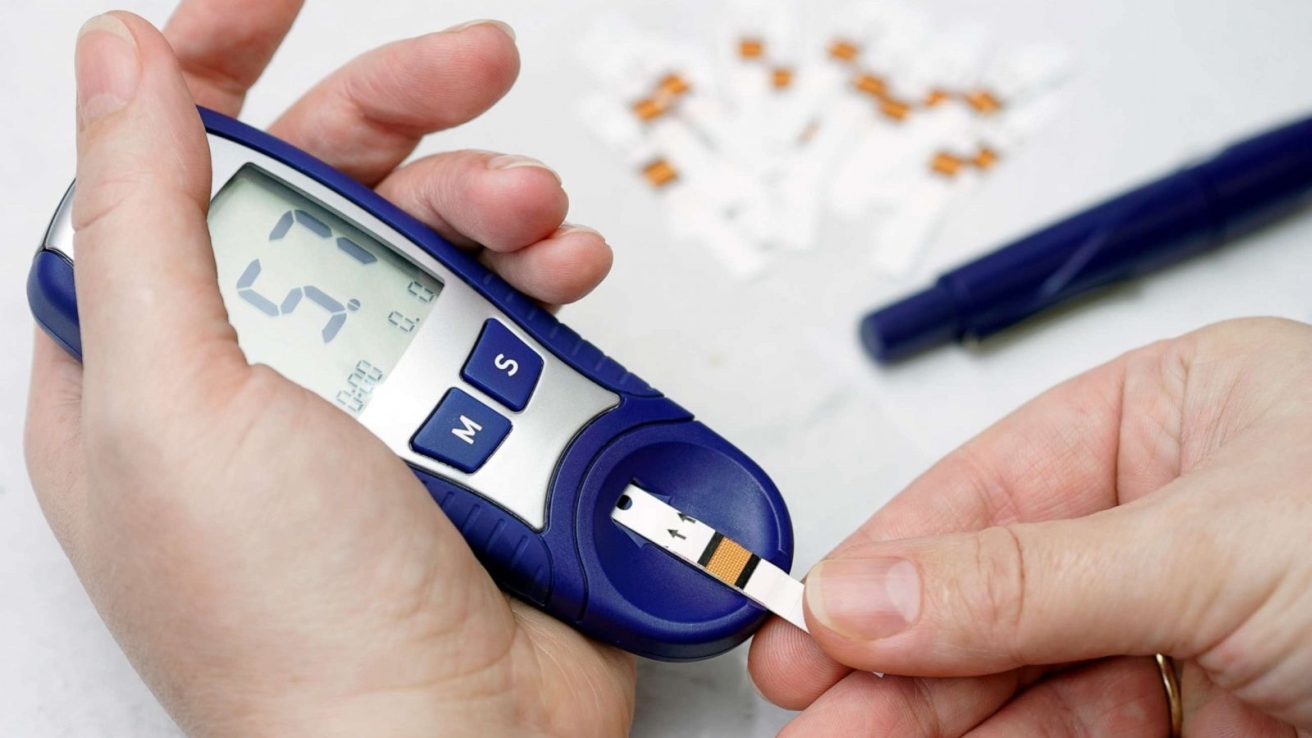FRIDAY, March 12, 2021 (HealthDay News) — A single course of teplizumab treatment delays progression to type 1 diabetes (T1D) and improves beta cell function in high-risk individuals, according to a study published in the March 3 issue of Science Translational Medicine.
Emily K. Sims, M.D., from the Indiana University School of Medicine in Indianapolis, and colleagues examined the effects of a single 14-day course of teplizumab treatment on metabolic function and immune cells among participants in a randomized controlled trial of individuals without diabetes at high risk for T1D who have relatives with T1D. An extended follow-up (median, 923 days) of a previous report of teplizumab treatment was conducted.
The researchers found that the median times to diagnosis were 59.6 and 27.1 months for teplizumab- and placebo-treated participants, respectively (hazard ratio, 0.457). Overall, 50 and 22 percent of teplizumab- and placebo-treated participants, respectively, remained diabetes-free. Beta-cell function was improved with teplizumab treatment, with an average on-study C-peptide area under the curve (AUC) of 1.94 versus 1.72 pmol/mL. A decline in insulin secretion before enrollment was reversed with drug treatment, followed by stabilization of the declining C-peptide AUC observed with placebo treatment. After drug treatment, proinsulin:C-peptide ratios were similar between the treatment groups.
“Any time without diabetes is important, but particularly so for those children who might have a chance to grow up without it,” a coauthor said in a statement.
One author disclosed financial ties to Provention Bio, which developed the study drug.










